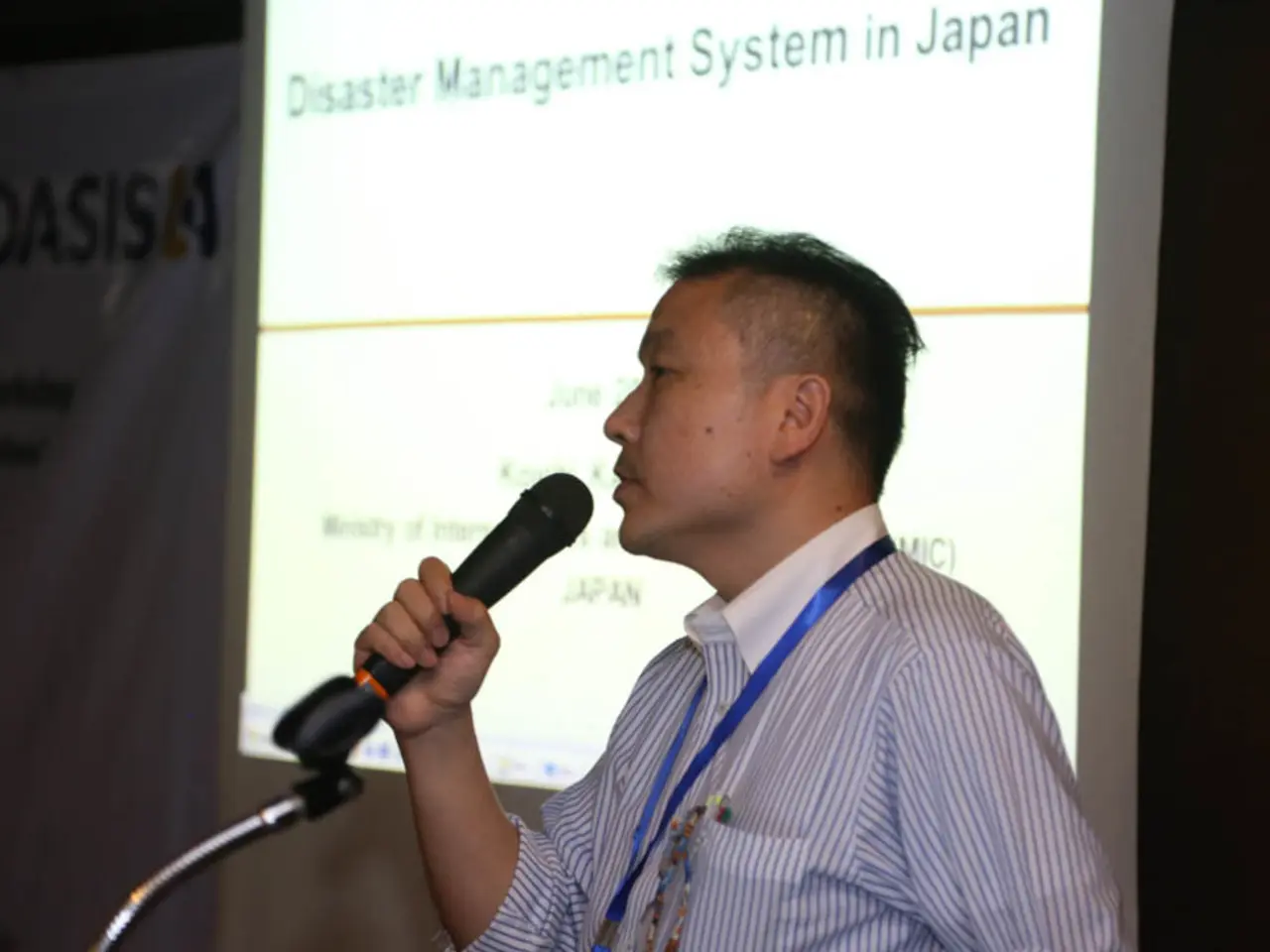Breaking: Pakistan Strikes Back After Alleged Indian Attack amid Escalating Tensions
Pakistan aggressively responds to India's actions
In a recent turn of events, Pakistan has retaliated against India following allegations of an Indian attack on Pakistani territory. Both countries, known for their longstanding conflicts, mainly over the Kashmir region, are teetering on the brink of a more serious confrontation. The international community, especially the G7 nations, is expressing deep concern over the situation.
Early this morning, Pakistan launched a military operation christened "Bunyanun Marsoos," inspired by a Quranic term meaning a solid, united structure. The operation targeted several support points, including a rocket depot in northern India, the Pathankot airbase in Punjab, and the Udhampur air force base in Indian-administered Kashmir.
Quite possibly, this counterattack came after India, as alleged by Pakistani reports, fired rockets at three air force bases, including one near the capital Islamabad. However, India's military claims it thwarted several Pakistani drone attacks and vows to maintain the security of its borders.
World Powers Urge Restraint
The G7 group of leading industrial nations has called on both India and Pakistan to exercise maximum restraint and find a peaceful solution through diplomatic dialogue. They expressed grave concern about regional stability and the safety of civilians on both sides.
Yet, it appears their appeals have fallen on deaf ears, as the conflict stretches toward a critical point. Unconfirmed reports mention casualties on both sides, with around 50 people killed in total.
A Long Road to Peace
The Kashmir dispute traces its roots back to the colonial era, when the British ruled India. The partition of British India in 1947 led to the creation of two separate nations: Hindu-majority India and Muslim-majority Pakistan. The two countries have fought three wars over Kashmir, making this one of the world's most volatile regions.
The Kashmir border remains a constant source of tension between the two nations. The territory is divided between Pakistan and India, with each maintaining significant military presences in the region. India has been particularly active in counter-insurgency operations, while Pakistan is accused of supporting separatist groups in the area.
In conclusion, the current escalation between India and Pakistan is a manifestation of deep-seated issues that have persisted since partition. Many believe a peaceful resolution requires sustained diplomatic efforts, addressing security concerns, and ensuring human rights in the region. The international community must continue to support efforts aimed at finding a lasting solution.
- The "Bunyanun Marsoos" military operation launched by Pakistan against India is a counterstrike in response to an alleged Indian attack, adding to the instability and tension in the region.
- The continuous conflicts between India and Pakistan over Kashmir, a volatile region with deep-seated issues since partition, are evident in the current exchange of military actions, echoing the historical pattern of three previous wars.
- In the face of escalating tensions and potential war-and-conflicts, international political bodies, such as the G7, are urging both countries to exercise restraint and seek a peaceful resolution through diplomatic measures.
- Despite the calls for diplomacy, the latest clashes between India and Pakistan, resulting in casualties on both sides, suggest a stubborn continuation of the long-standing border disputes and allegations of supporting separatist groups.
- As the world watches the evolving scenario between India and Pakistan, the focus should shift towards addressing security concerns, prioritizing human rights, and ensuring long-term peace in the region through continuous dialogue and cooperative political efforts.








